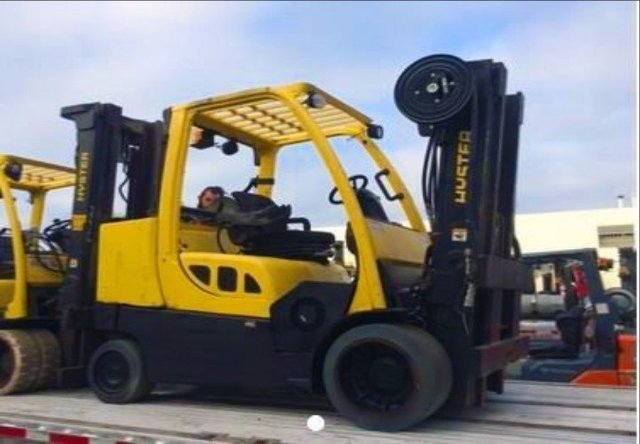Installing the right type of TPMS is crucial for the safety of the driver and ease of operations. Luckily, the TPM systems are versatile to suit the needs of different vehicles. So, how does the type of truck determine the choice of a commercial truck tire pressure monitoring system? Here’s some insight on choosing a commercial TPMS.
TPMS Based on Truck Categories
Commercial trucks come in various sizes and purposes, and by extension, each also has specific TPMS needs.
Light-Duty Trucks
These vehicles include smaller haulers, pickup trucks, and other vehicles used for light commercial use. In most cases, TPMS for these vehicles are similar to those in passenger cars because the focus is on safety on the road and making sure there is efficient fuel usage. There are fewer tires to account for and less weight, so the systems don’t require that much modification.
Medium-Duty Trucks
For larger vehicles like flatbeds and box trucks, the TPMS installed must bear the extra weight now that these have higher loads than light-duty trucks. The goal of the system is to cater to the extra load, meaning that they must be more robust to work efficiently.
Heavy-Duty Trucks
Vehicles falling in this category are the largest and heaviest, and that means they need more specialized systems. This category included long-haul vehicles, 18-wheelers, and freight trucks, which explains why the TPMS installed must be very durable and specially designed to monitor several tires at once. Usually, the systems are also designed with special features, such as being able to monitor the temperature and then submit real-time updates. The goal for these designs is to ensure safety despite the extreme weight and long distances the vehicles travel.
Try Out a Commercial Truck Tire Pressure Monitoring System
You can tell that commercial truck tire pressure monitoring systems vary based on the type of truck, size, capacity, and distance traveled. Contact experienced professionals for assistance in the installation of the best TPMS for your commercial truck.







